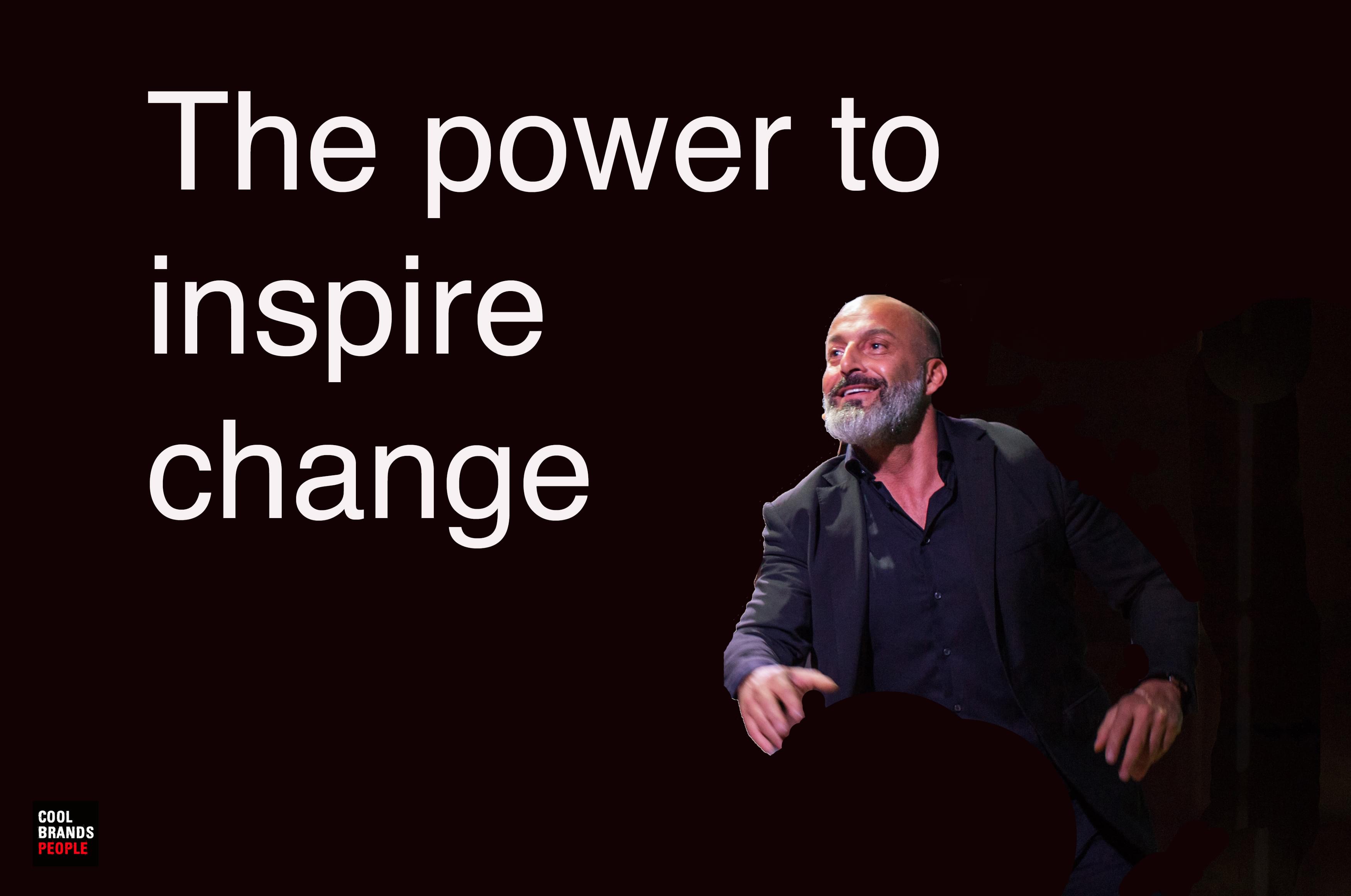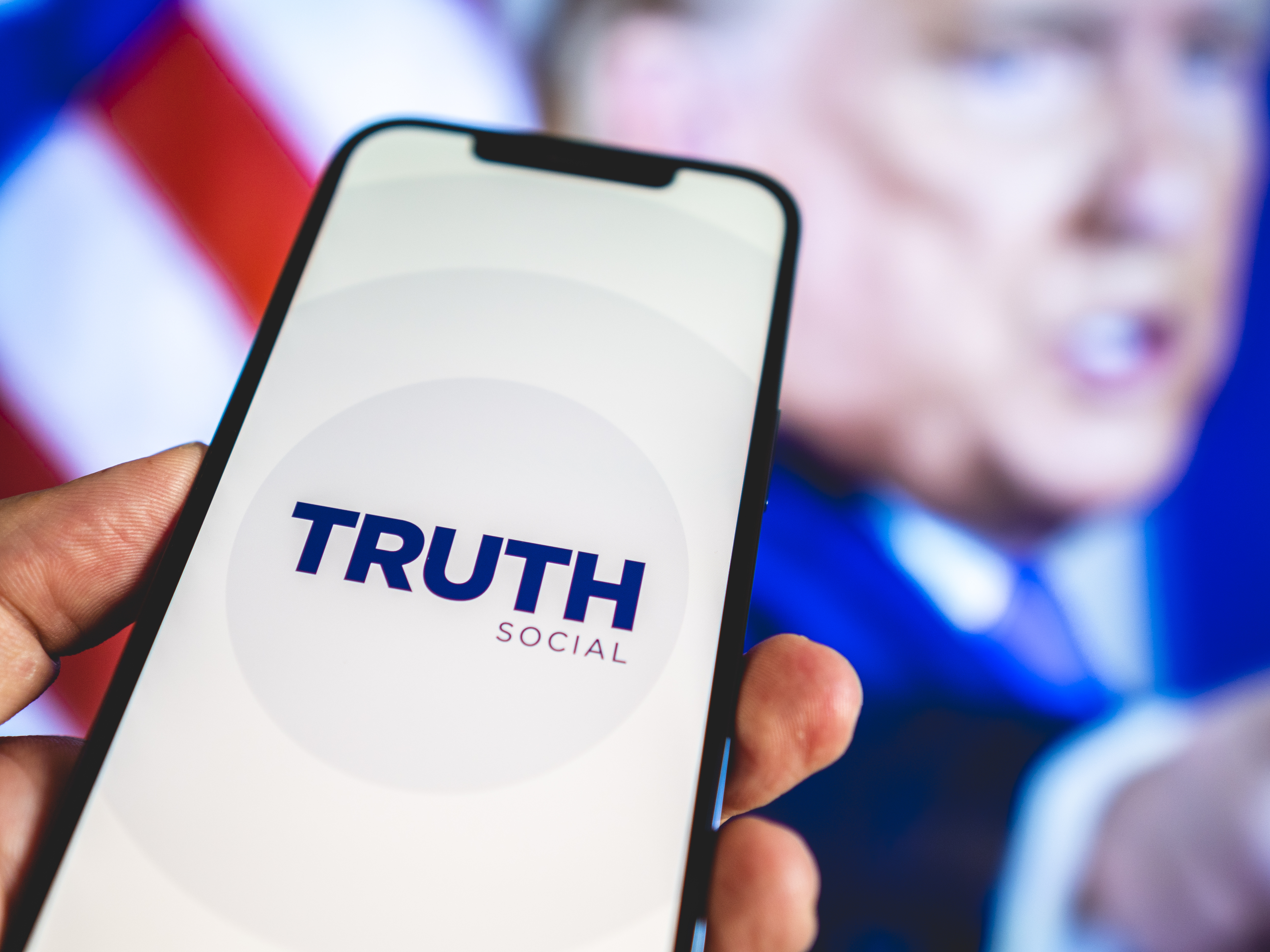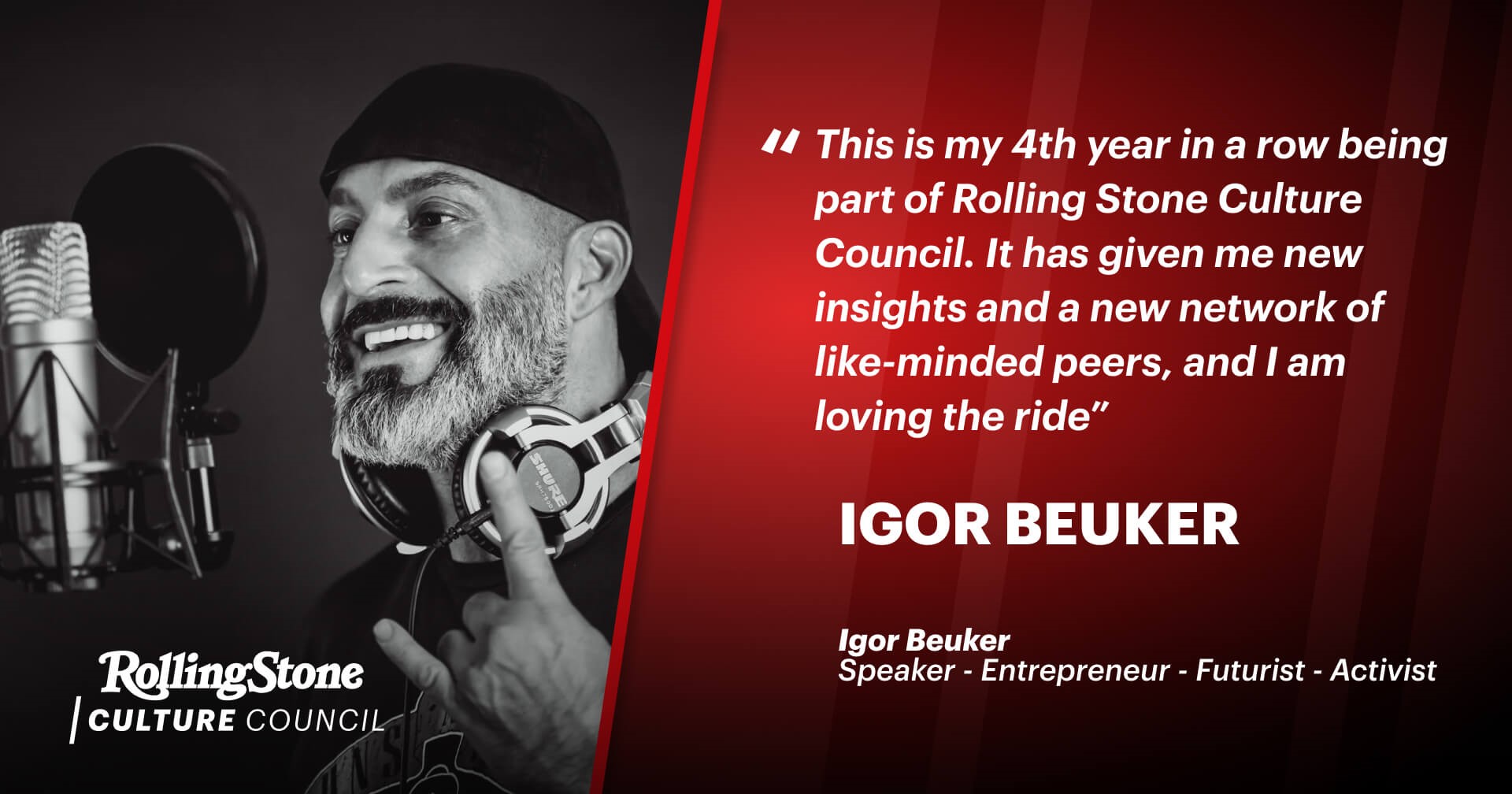Business storytelling skill is a superpower. When applied to business, storytelling can serve as an incredible tool for marketing, pitching, developing thought leadership and more.
This story was first published on Rolling Stone Culture Council.
Storytelling is an incredibly important art form for business leaders to master. After all, a compelling story is often what convinces many consumers to purchase a business’s products or services.
By crafting and presenting a relatable story, businesses are able to connect in a more personal way with consumers, employees and investors, thereby increasing sales and investment opportunities, improving their thought leadership status and creating brand loyalty.
Below, 12 Rolling Stone Culture Council members discuss how to hone your business storytelling skills and why these methods are so effective.
Focus on How to Package Your Story
Everyone has a story to tell, but not everybody knows how to package one in a relatable way. Start with the audience first. Storytelling is as much about listening to the market and clients as it is about telling.
When we are pitching to streamers and broadcasters, all of these buyers have a specific audience they need to serve. The same story can be packaged in many different ways if you look at the nuances.
Business Storytelling – Make the Audience Your Main Character
Storytelling in business is only powerful if you can put your target audience in a “main character” seat. Are you making your target audience the hero, the underdog, the villain, etc.?
If your target audience can’t see themselves in the story and get emotionally invested in that story, your storytelling won’t be effective.
– Tivi Jones, Hey Awesome Girl
Use Technology to Make It Memorable
Make it memorable! When people feel excitement, love or even anger, they’ll remember the message and relate. Don’t only rely on words; use sounds, pictures, videos or even more immersive technology such as virtual or augmented reality.
VR and AR headsets are slowly becoming mainstream, especially in the United States.
– Elina Ollila, Live Current Media
Reflect on the Journey
One hack for developing better storytelling skills is to take a specific success and then work backward from the challenges that were overcome, to the shifts that we made out of necessity and then to the original proposition.
You already know you have a Hollywood ending, but reflecting on the journey to get there will give you an understanding of the conflict and substance that make up a great story.
– Andres Palencia, Latino Alternative TV
Take Your Cue From the Movies
As a futurist and professional speaker who has been on global stages and screens for 22 years, I would say to read hero storylines and movie scripts. Take media training and follow lessons on theatrics and dramatic expression.
Create powerful punchlines that make you stand out from the crowd. Storytelling is an art and a craft, so always be authentic and speak from the heart.
Analyze Stories That Interest You
Think about the stories you hear that intrigue you. What is it about them that makes them so interesting? Everyone has a fascinating story to tell, but the key is to understand what it is about stories that resonates with others.
– Amanda Reiman, Personal Plants
Business Storytelling – Tell the Truth
Whatever happened is the story — not whatever you wish had happened. Consumers and investors are all people, and people respond to authenticity. Now more than ever, the best way to tell a story is to tell it raw and real and occasionally messy.
Highlight reels of perfectly executed successes are no longer interesting or relevant at this juncture in history.
Lean Into Your Strengths
Do you tell stories around the dinner table or scribble lists constantly? Lean into how your brain functions to make efficacious thought leadership. If you’re a narrative storyteller, consider beginning with voice memos and transcribing them.
If you’re a list-maker, listicles come second nature to your creative style. Don’t like writing? Try podcasting!
Practice Writing About Your Company
Imagine you are a journalist and then write an article about your business. Then write another article with the angle that your business does not succeed.
This helped me with my story and my ability to confront any questions that might arise via panels, podcasts or interviews.
Learn About Your Audience
Learn about your audience beforehand, whether it’s one person, a large crowd or a highly impersonal social media nebula. Storytelling is never really about the speaker but rather the impact the story has on the listener.
Making an effort to understand the perspective of your listener provides an opportunity to more effectively connect and reduces the risk of basically shouting into a hole.
– Kevin McGee, Anderson Valley Brewing Company
Write What You Know
Think of a three-act play — from the setup to the pivotal turn to the outcome. Be truthful and write what you know. That could mean why your company exists, what your company does well and how it helps solve a problem or make life easier.
Think of information that people can get excited about and share that story.
– Susan Johnston, New Media Film Festival®
Design Your Story With an AIDA Framework
The AIDA framework stands out as one of my top picks: Attention, Interest, Desire, Action. By starting with this framework in mind, you can craft engaging and memorable narratives.
Curating your story according to the dimensions of your audience is essential to ensure that your story is relatable and, above all, will offer value to each audience member.
– Tim Haldorsson, Lunar Strategy
Related Posts
MONTHLY MEMBER SPECIAL
















